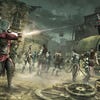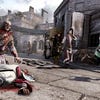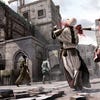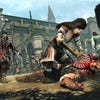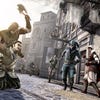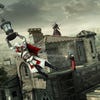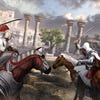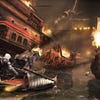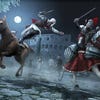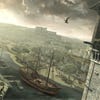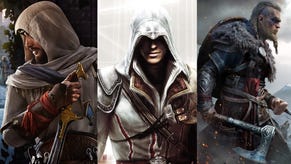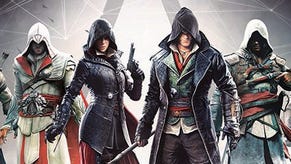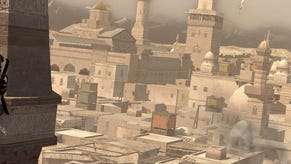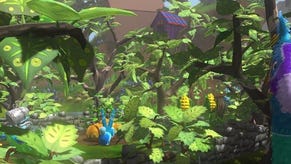How Ubisoft Montreal made a masterpiece
Assassin's Creed: Brotherhood's development unsheathed.
We wanted to have more things that were systemic in our world, meaning the world would live with objectives you don't have to say, 'Okay, I want to do this now.' It just exists.
The Borgia Towers we brought in for Brotherhood is a good example of this. You have 12 Borgia captains that exist in the world. Once you've killed the captain, your goal is to capture the Borgia Tower. Once that's done the Assassins can take control over Rome and reduce the influence of the Borgia.
That was one of the main things – having more of these systemic ingredients, these alive ingredients that exist in the world, these missions, these objectives the player doesn't have to choose but can just do along the way.
Obviously we have amazing programmers and artists that can maximise whatever the consoles are able to put out. Due to the fact our engine has reached this maturity - we've developed on the same engine for four years now – we've always iterated on it.
Every time we iterate, every time we get this new little trick, this new little bit of code, this new artistic style to make it cheaper and still look beautiful, it allows us to push the consoles to their limit.
Since the consoles have been there for this time, we're pretty much there. You can see in all of the games that exist right now, seldom do they look as good as Assassin's Creed.
The reality is having this maturity brings it to a certain level where we just have to deal with the constraints and push it as far as we can.
I'd first suggest you look up what our story is, what the premise is. The premise of the AC franchise is the Assassins versus the Templars throughout history.
If you're a history fanatic, the franchise is also about reliving key moments in history. What's interesting with Brotherhood is we went back to the Renaissance and Italy because we felt we hadn't said everything we had to say about this period and this character that is Ezio.
If you just look it up, find a bit of information about the story, and find it interesting, for sure the gameplay is going to sell you. I hate the word 'formula', but our controls work really well. They've been consistent since AC1. You can pick up and play this game easily.
Graphically, we do try to get it as spot on as we can. Developers who have travelled to Rome are amazed at how much, when you're there and beside certain landmarks, it's exactly the same as in the game.
Also, we have great writers who look up their historical facts. A lot of the characters that are in the game are real characters that existed. We do interpret as far as our story is concerned, so it is not necessarily a learning tool, but definitely something to entice you to look at the history of what happened during the Renaissance in Italy.
My Wikipedia is always next to me when I play AC. Even being on the dev team, it does throw me curve balls I don't expect and I have to look them up because I'm just not that knowledgeable as far as history is concerned.
The Subject 16 puzzles are very cerebral. That's one of the parts of the game where I was like, 'What? What's he trying to tell me?' And then I go look it up and figure out, 'Oh yeah, that did happen in real life.'


